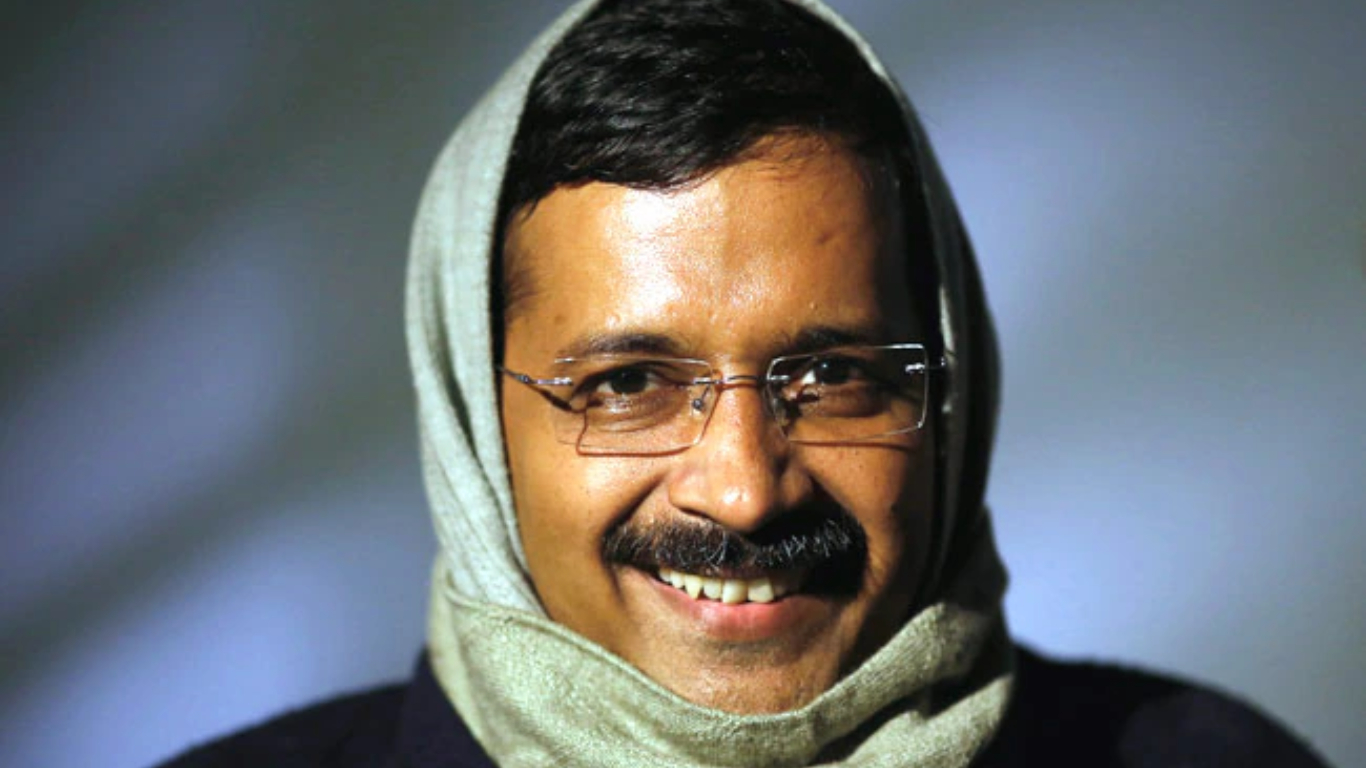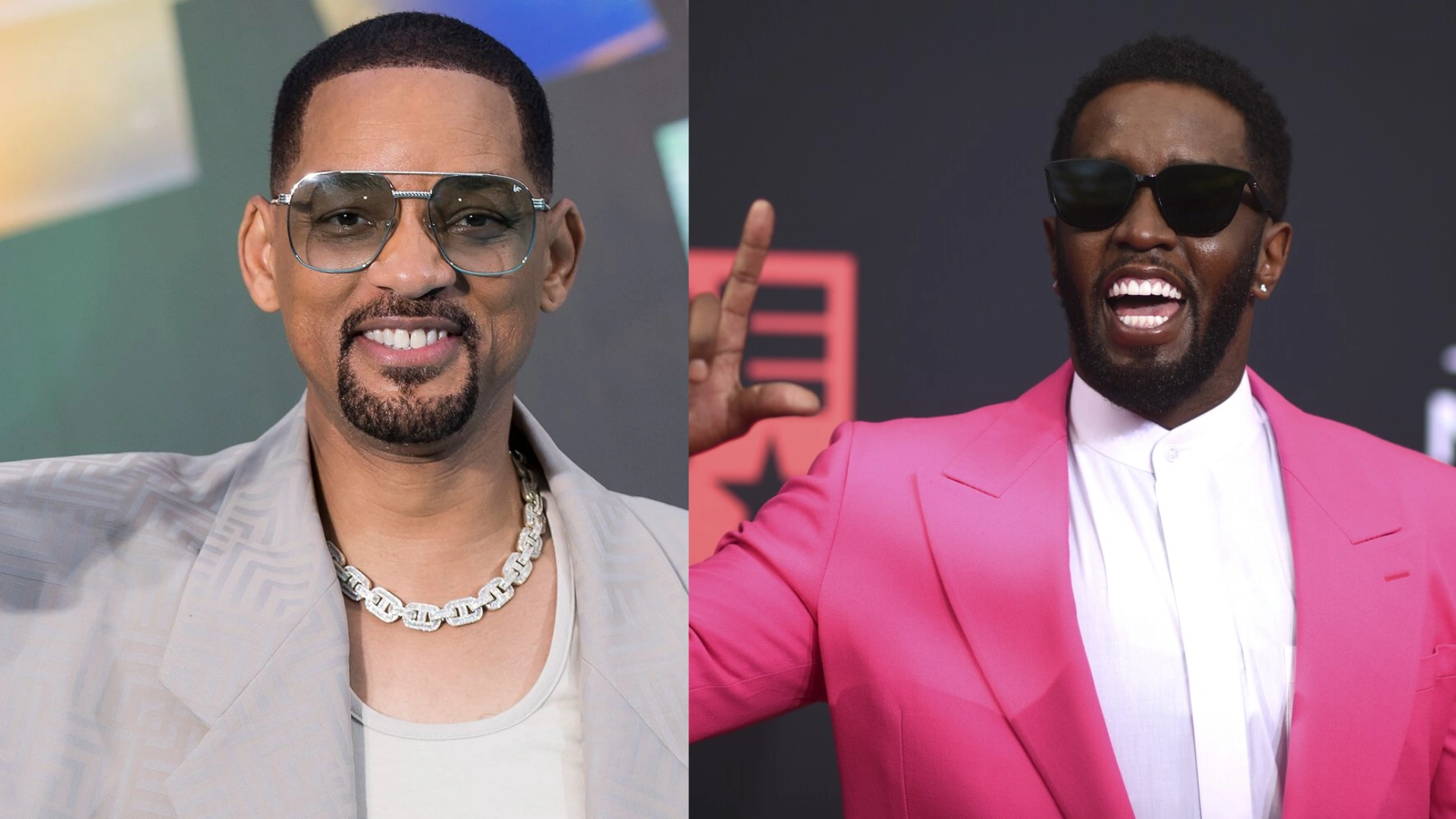In a significant development, the Supreme Court has granted interim bail to Delhi Chief Minister Arvind Kejriwal until June 1 in the excise policy case. However, the court has made it clear that a comprehensive order on the matter will follow soon.
The decision comes after the Enforcement Directorate (ED) vehemently opposed Kejriwal’s plea for interim bail, arguing that any preferential treatment towards him would undermine the rule of law and equality. The ED asserted that granting such concessions would create a dangerous precedent, effectively segregating politicians into a privileged class exempt from legal obligations.
#BREAKING #SupremeCourt says it is passing an order granting interim bail to Arvind Kejriwal till June 1.
— Live Law (@LiveLawIndia) May 10, 2024
The Supreme Court ordered Arvind Kejriwal to surrender on June 2.
Supreme Court grants interim bail to Delhi CM Arvind Kejriwal till June 1 and asks him to surrender on June 2 https://t.co/vRxqua9HjW
— ANI (@ANI) May 10, 2024
LIVE UPDATES:
AAP leader Saurabh Bharadwaj says, “Getting interim bail in 40 days is more than a miracle. Through SC, it is a hint from God that whatever is happening in India, a change is needed in that. Arvind Kejriwal has the blessings of Lord Bajrangbali and today he will come out of jail. I think it’s not an ordinary thing and he is coming out of jail for a big purpose.”
#WATCH | On SC granting interim bail to CM Arvind Kejriwal, AAP leader Saurabh Bharadwaj says, “…Getting interim bail in 40 days is more than a miracle. Through SC, it is a hint from God that whatever is happening in India, a change is needed in that. Arvind Kejriwal has the… pic.twitter.com/ZNnoMYewj3
— ANI (@ANI) May 10, 2024
AAP leader Atishi says, “It is not just Arvind Kejriwal who has got interim bail but by Supreme Court’s this decision truth has triumphed, this is a win of the Democracy & Constitution…The SC has played a major role in protecting Democracy.”
#WATCH | Delhi Minister and AAP leader Atishi says, “It is not just Arvind Kejriwal who has got interim bail but by Supreme Court’s this decision truth has triumphed, this is a win of the Democracy & Constitution…The SC has played a major role in protecting Democracy…” pic.twitter.com/8DCtsy48ry
— ANI (@ANI) May 10, 2024
AAP leader Gopal Rai says, “Today the Supreme Court has given a ray of hope to all those who believe in the Constitution. Our party, people of Delhi thank the Supreme Court”
#WATCH | On SC granting interim bail to CM Arvind Kejriwal, Delhi Minister and AAP leader Gopal Rai says, “…Today the Supreme Court has given a ray of hope to all those who believe in the Constitution. Our party, people of Delhi thank the Supreme Court…” pic.twitter.com/p0yfiMVwLm
— ANI (@ANI) May 10, 2024
Arvind Kejriwal’s Advocate, Rishikesh Kumar speaks to PTI on Kejriwal’s interim bail.
VIDEO | Here’s what advocate Rishikesh Kumar said on Supreme Court granting interim bail to Delhi CM and AAP national Convenor Arvind Kejriwal till June 1.
“Its a huge relief that Arvind Kejriwal, who was arrested over false allegations, has been granted interim bail by the… pic.twitter.com/pEj1rxQA1d
— Press Trust of India (@PTI_News) May 10, 2024
AAP workers raise slogans in celebration outside party office, as Delhi CM Arvind Kejriwal gets interim bail till June 1.
#WATCH | Delhi: AAP workers raise slogans in celebration outside party office, as Delhi CM Arvind Kejriwal gets interim bail till June 1. pic.twitter.com/1Nu1VMi3SF
— ANI (@ANI) May 10, 2024
West Bengal Chief Minister Mamata Banerjee shares on X on the relief of Arvind Kejriwal.
I am very happy to see that Shri Arvind Kejriwal @ArvindKejriwal has got interim bail. It will be very helpful in the context of the current elections.
— Mamata Banerjee (@MamataOfficial) May 10, 2024
However, the Supreme Court rejected the request of senior advocate Abhishek Manu Singhvi, appearing for Arvind Kejriwal, to grant him interim bail until the declaration of results on June 4, rather he needs to surrender on June 2.
Delhi excise policy ase | Supreme Court rejects the request of senior advocate Abhishek Manu Singhvi, appearing for Arvind Kejriwal, to grant him interim bail until the declaration of results on June 4.
— ANI (@ANI) May 10, 2024
Kejriwal was arrested by the ED on March 21 in connection with the excise policy case, adding further complexity to the legal proceedings.
In its opposition, the ED highlighted that the right to campaign for an election is not enshrined as a fundamental, constitutional, or even a legal right. Moreover, it underscored that no precedent exists where a political leader has been granted interim bail solely for campaigning, especially when they are not the contesting candidate.
This legal saga underscores the delicate balance between upholding the rule of law and accommodating the unique circumstances of political leaders. As the case unfolds, it raises pertinent questions about the intersection of law, governance, and electoral politics in India’s democratic landscape.
















